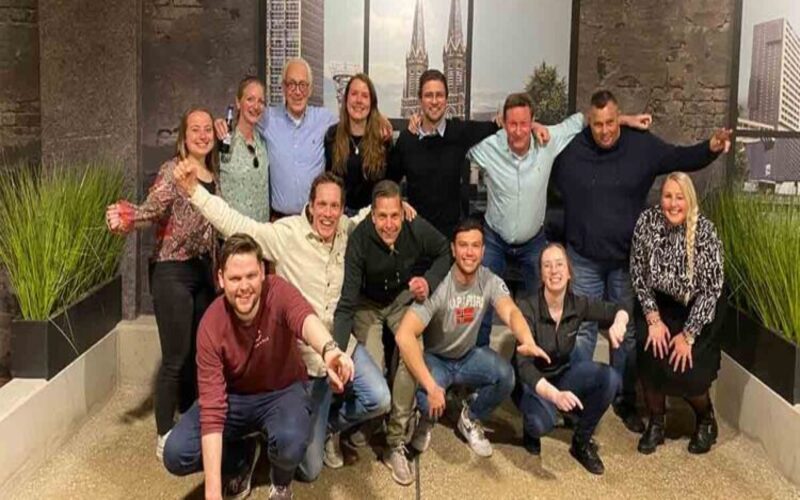Chainable, a circular kitchen startup in the Netherlands, announced that it had secured €1.4 million from the Fair Capital Impact Fund and Ifund. According to Chainable, the investment will be used for increased company automation.
In light of traditional kitchens’ lack of sustainability, the concept of a circular kitchen has gained popularity recently. Conventional appliances become unworkable in the kitchen because they generate a lot of chipboard or medium-density fiberboard (MDF) trash.
Chainable has created a circular kitchen with little environmental effect to reduce unmanageable kitchen trash from discarded utensils and other debris.
Expectations from enthusiastic Impact investors
Both Fair Capital Impact Fund and Ifund have gushed about how happy and excited they are to have invested in Chainable.
The built environment has several material streams, and there are numerous potentials to make them circular, according to Stefan van Eijk, fund manager at Ifund. We discovered a team at Chainable that has already largely circularized one of those material streams using kitchens.
“The team and what Chainable has already accomplished three years after its founding impress us. Chainable is an appealing investment for us since we anticipate it to be able to continue growing for a very long period, says van Eijk.
“Fair Capital is accelerating the transition to a circular economy where raw materials are not consumed and thrown away but can be used repeatedly,” explains Michelle de Rijk, impact investor at Fair Capital Impact Fund. With its modular and reusable kitchens in the traditional kitchen market, where most of them now end up on the scrap heap, Chainable is a fantastic example of a circular business that aspires to make it more sustainable.
Business Profile
Cees van Nispen, Simon Rombouts, and Jordy van Osch created Chainable in 2020. Nispen was motivated to create circular kitchens after observing a shortage of sustainable business methods in the kitchen industry during his 50-year career in the sector.
Chainable prioritizes commerce with clients from housing organizations, investors, offices, healthcare, and educational institutions to spread awareness of circular kitchens.
Chainable uses the “Kitchen-as-a-Service” (KaaS) business model. Chainable “rents” its circular kitchen services or sells them to clients with a required buy-back guarantee, unlike permanent conventional kitchens.
The business says that with over 20 housing organizations and dozens of additional clients in its client portfolio, it has experienced yearly growth of 200%. Chainable wants the circular kitchen design to become the new benchmark for contemporary kitchens.
“With this expansion funding, Chainable is moving into the next phase. We are investing in further automation and professionalization. This will enable us to remove over a thousand kitchens yearly and expand further to establish circular kitchens as the norm in this established industry, says Chainable CEO Simon Rombouts.

